Name that Insect... :)
gardenlady48
11 years ago
Related Stories
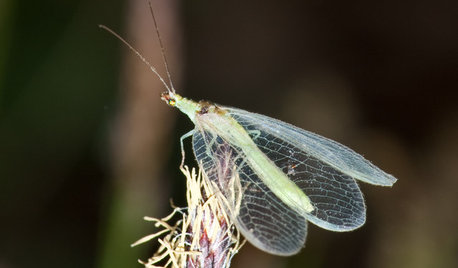
GARDENING GUIDESLook Out for Lacewings: Beneficial Insects Coming to a Garden Near You
Lacewings are delicate insects that produce alligator-like, hungry offspring that devour aphids and other garden pests
Full Story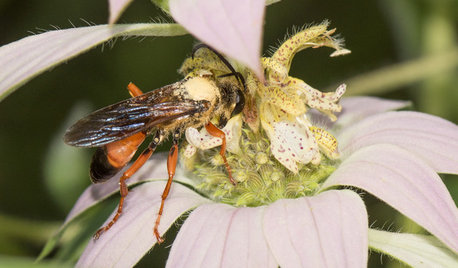
GARDENING GUIDESGreat Golden Digger Wasp: A Beneficial Flower-Visiting Insect
Introducing the great golden digger wasp, a colorful pollinator that also hunts foliage-eating insects
Full Story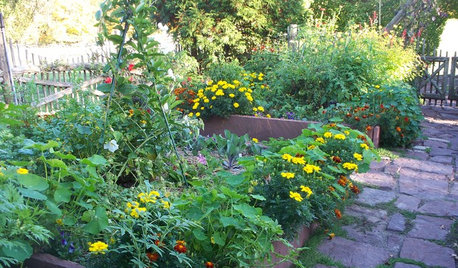
GARDENING GUIDESOrganic Matters: Thwart Insect Pests With Trap Crops
Add a few sacrificial plants to your garden to lure insects away from the harvest
Full Story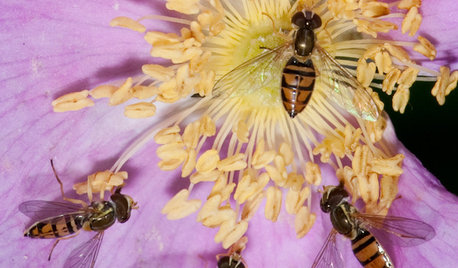
GARDENING GUIDESThis Fly Is One of the Most Beneficial Insects Around
Meet the syrphid fly, a colorful pollinator that also beats chemicals for controlling aphids and other garden pests
Full Story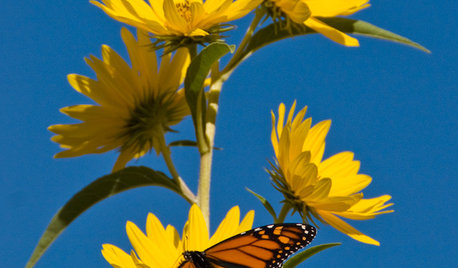
GARDENING GUIDESGreat Design Plant: Helianthus Maximiliani Attracts Beneficial Insects
Maximilian sunflower’s striking yellow flowers light up the fall landscape and attract pollinators and beneficial insects at a crucial time
Full Story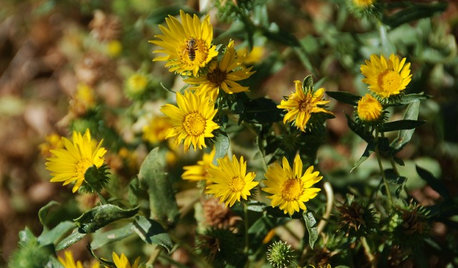
GARDENING GUIDESGreat Design Plant: California Grindelia Species for Beneficial Insects
Use gum plants as reliable summer bloomers and to provide habitat for California native bees, butterflies and other beneficial insects
Full Story0


GARDENING FOR BUTTERFLIESGardening for the Bees, and Why It’s a Good Thing
When you discover how hard bees work for our food supply, you may never garden without them in mind again
Full Story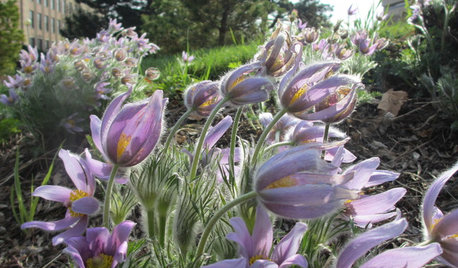
GARDENING GUIDES6 Plants That Beat Butterfly Bush for the Wildlife Draw
It's invasive, a nonnative and a poor insect magnet. Check out these better alternatives to butterfly bush in the garden
Full Story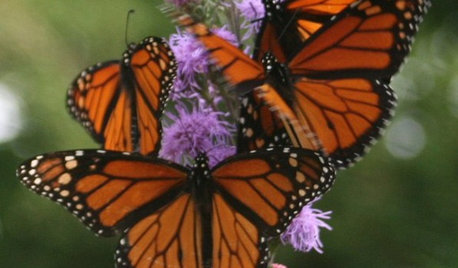
GARDENING FOR BUTTERFLIESButterfly Gardening: Delight the Eyes With Living Sculptures
Surprise and thrill with a garden that attracts magical winged creatures, bringing color, movement and life
Full StoryMore Discussions






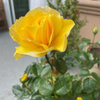
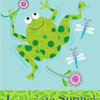
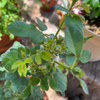
dublinbay z6 (KS)
gardenlady48Original Author
Related Professionals
Danbury Landscape Architects & Landscape Designers · Folsom Landscape Architects & Landscape Designers · Glen Ellyn Landscape Architects & Landscape Designers · Leawood Landscape Architects & Landscape Designers · Surprise Landscape Contractors · Brunswick Landscape Contractors · Canton Landscape Contractors · Dudley Landscape Contractors · Harvey Landscape Contractors · Lemoore Landscape Contractors · Red Oak Landscape Contractors · Round Lake Landscape Contractors · Waterford Landscape Contractors · Woodburn Landscape Contractors · Lauderdale Lakes Landscape Contractorscollinw
jacqueline9CA
collinw
michaelg
karl_bapst_rosenut
gardenlady48Original Author
floridarosez9 Morgan
ditas